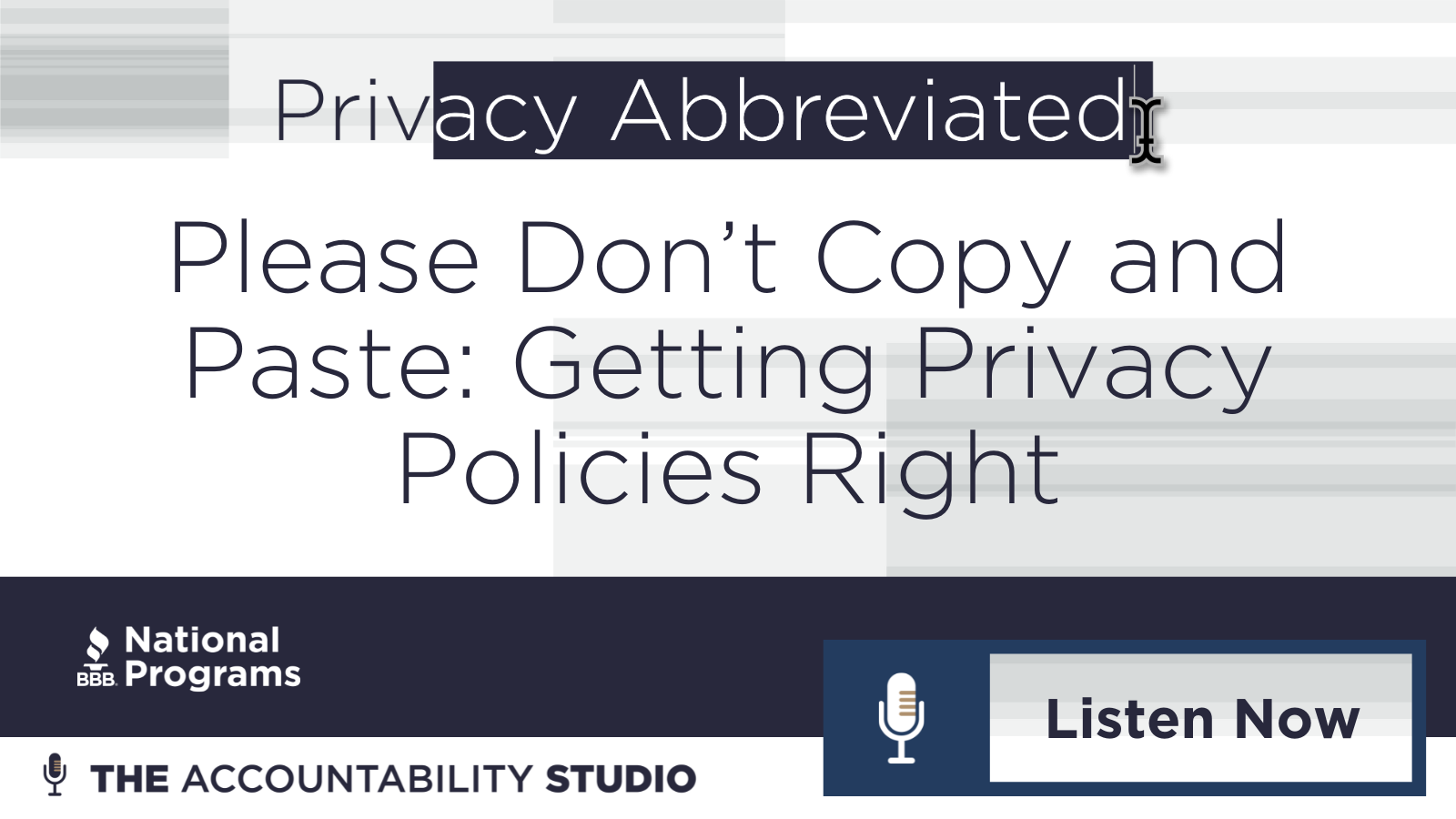Podcast (privacyabbreviated): Play in new window | Download (Duration: 52:16 — 72.0MB) | Embed
Subscribe: Apple Podcasts | Spotify | RSS
Children’s privacy and teen data protections are rapidly evolving, creating major challenges for businesses operating online. In this episode of Privacy Abbreviated, host Dona Fraser sits down with Sheila Millar, Partner of Keller & Heckman, to unpack what companies must understand about COPPA compliance, age verification laws, state privacy requirements, and emerging AI-driven risks as we head into 2026.
As new state laws expand beyond COPPA and introduce conflicting standards, many businesses struggle to understand what applies to them, how to operationalize compliance, and what to do when their platforms may be accessed by children or teens—intentionally or not. Our experts break down the realities of today’s regulatory landscape, including the rise of data minimization, privacy by design, and growing expectations around vendor oversight and third-party data handling.
Together, Dona and Sheila explore:
- The biggest misconceptions companies have around children’s data
- How AI, personalized content, and social media complicate compliance
- What to do if you’ve accidentally collected minors’ data
- Practical steps companies can take to build trust with families
This episode offers clear, actionable guidance to help businesses navigate regulatory uncertainty, reduce compliance risk, and build safer digital experiences for children and teens.
Related Resources:
Children’s Advertising Review Unit (CARU)
CARU Privacy Guidelines
Revised COPPA Rule (in effect April 2026)
Australia Ban on Social Media
Executive Order on State AI Laws
Show Notes:
00:00 – Welcome and guest introduction
02:04 – Why children’s and teen privacy is so confusing in the U.S.
08:36 – What SMBs misunderstand about collecting children’s or teens’ data
18:13 – AI, social media, and responsibly engaging young audiences
27:17 – Targeting kids and teens: product strategy and regulatory risk
35:10 – When you realize you collected minors’ data by accident
40:26 – Low-cost steps SMBs can take to build trust
44:25 – What’s coming next: state laws, AI, litigation, and liability
49:31 – A single principle for staying ahead
53:50 – Closing insights

